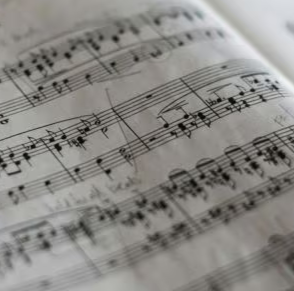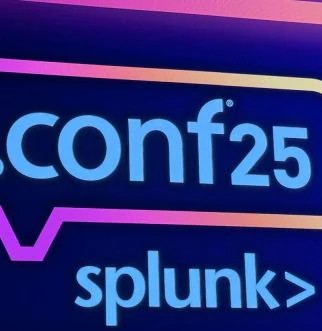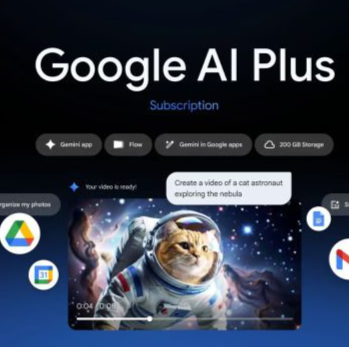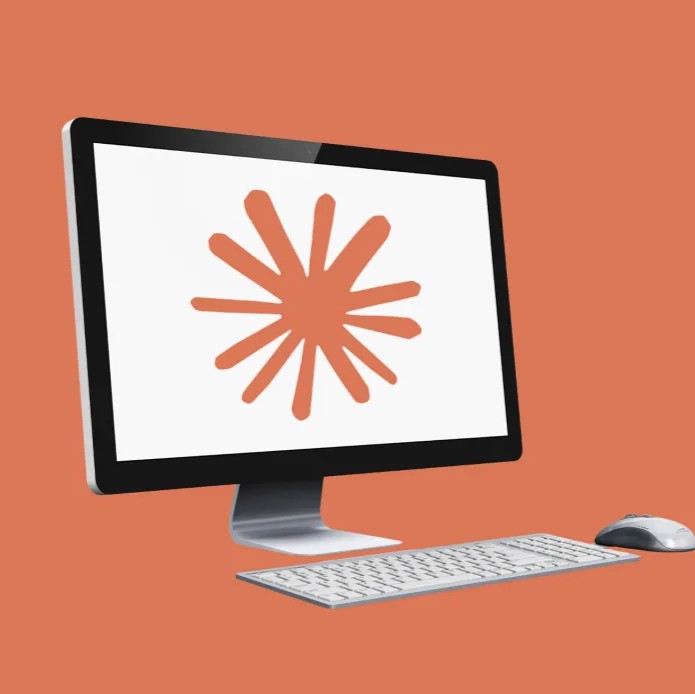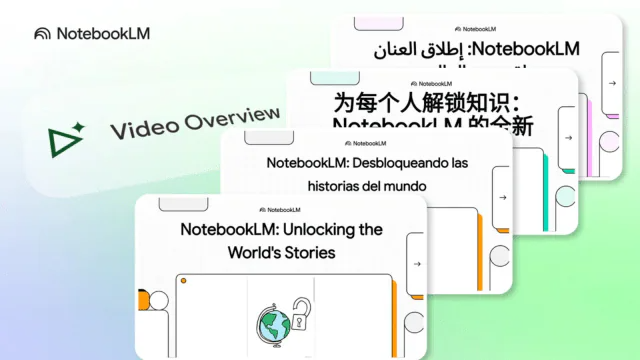1 Imoliver’s Groundbreaking Deal: A New Chapter in AI Music
In a landmark moment for the AI music creators movement, Oliver McCann—stage name imoliver—signed with Hallwood Media, marking the first time an artist primarily crafting tracks using AI generation tools has landed a record deal. The deal followed the viral success of his track “Stone,” which surpassed 3 million streams on the AI platform Suno
Hallwood Media, helmed by former Geffen Records president Neil Jacobson, emphasized the deal as “a huge moment… not just for me, but for the future of music” . Industry outlets flagged the move as blurring the boundaries between human artistry and artificial intelligence innovation.
3.2 Democratizing Creativity: AI as the New Musical Toolkit
Imoliver’s story exemplifies how generative AI tools like Suno and Udio have democratized music production. Individuals with minimal musical training can now generate full songs—from indie-pop to electro-soul to country-rap—simply via text prompts. McCann confesses: “I have no musical talent at all…I can’t sing, I can’t play instruments,” yet through persistence and AI, he’s created music that resonates with audiences.
Elsewhere in the AI creator community, artists report using such tools as creative aides—generating up to 100 versions of a song to refine lyrics and production. While some lament AI-generated lyrics as “cliché” or “corny” (noting overused imagery like “neon” and “shadows”), many view the tools as catalysts for inspiration, not replacements for human creativity.
3.3 Legal Storm: Record Labels Push Back with Lawsuits
Despite AI’s boom in accessibility, the music industry is fighting back. In June 2024, Sony Music, Universal Music Group, and Warner Records (through the RIAA) filed landmark lawsuits accusing AI platforms Suno and Udio of widespread copyright infringement—alleging models were trained on copyrighted recordings without permission .
The lawsuits seek injunctions against the use of copyrighted material for model training, along with damages of up to $150,000 per infringed work ..
3.4 Negotiations and Licensing: Toward Industry Adaptation
Amid looming lawsuits, there’s a pragmatic shift: major labels are reportedly engaging in negotiations with Suno and Udio to license music catalogs for AI model training. Discussions may include licensing fees and even equity stakes in the AI firms—potentially settling legal disputes while shaping a commercial framework for AI music licensing .
3.5 Industry Tensions and Creative Futures
Amid legal and ethical turmoil, opinions diverge. Some artists and critics worry AI could devalue human creativity, while others draw parallels to earlier technologies—like Auto-Tune, synthesizers, and drum machines—that once faced resistance but eventually became ingrained in music production .
Meanwhile, current data shows that approximately 18% of daily song uploads on services like Deezer are AI-generated, though these tracks have yet to dominate listener charts .
3.6 The Road Ahead: AI's Role in the Music Industry
As the AI music revolution unfolds, the industry stands at a crossroads:
- Innovation pathway: AI as a democratizing force in songwriting, sound design, and production workflows.
- Legal reckoning: Courts and regulators testing the boundaries of fair use, training data rights, and compensation models.
- Market integration: Potential licensing deals may usher in a new era where AI tools and human artistry complement each other rather than clash.
4 – Conclusion
Imoliver’s signing with Hallwood Media marks a pivotal moment: AI-generated music has stepped into the mainstream. Yet as creativity surges, so does legal scrutiny. The future of music may very well be defined by how the industry navigates copyright, compensation, and the evolving role of AI as both tool and collaborator.
Source:indianexpressGPT


